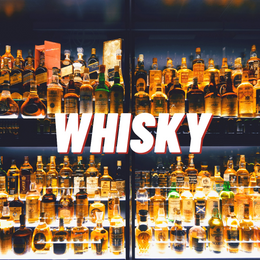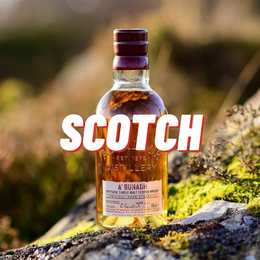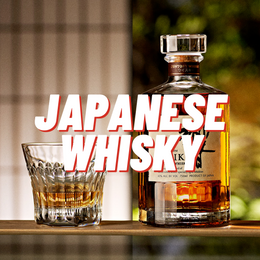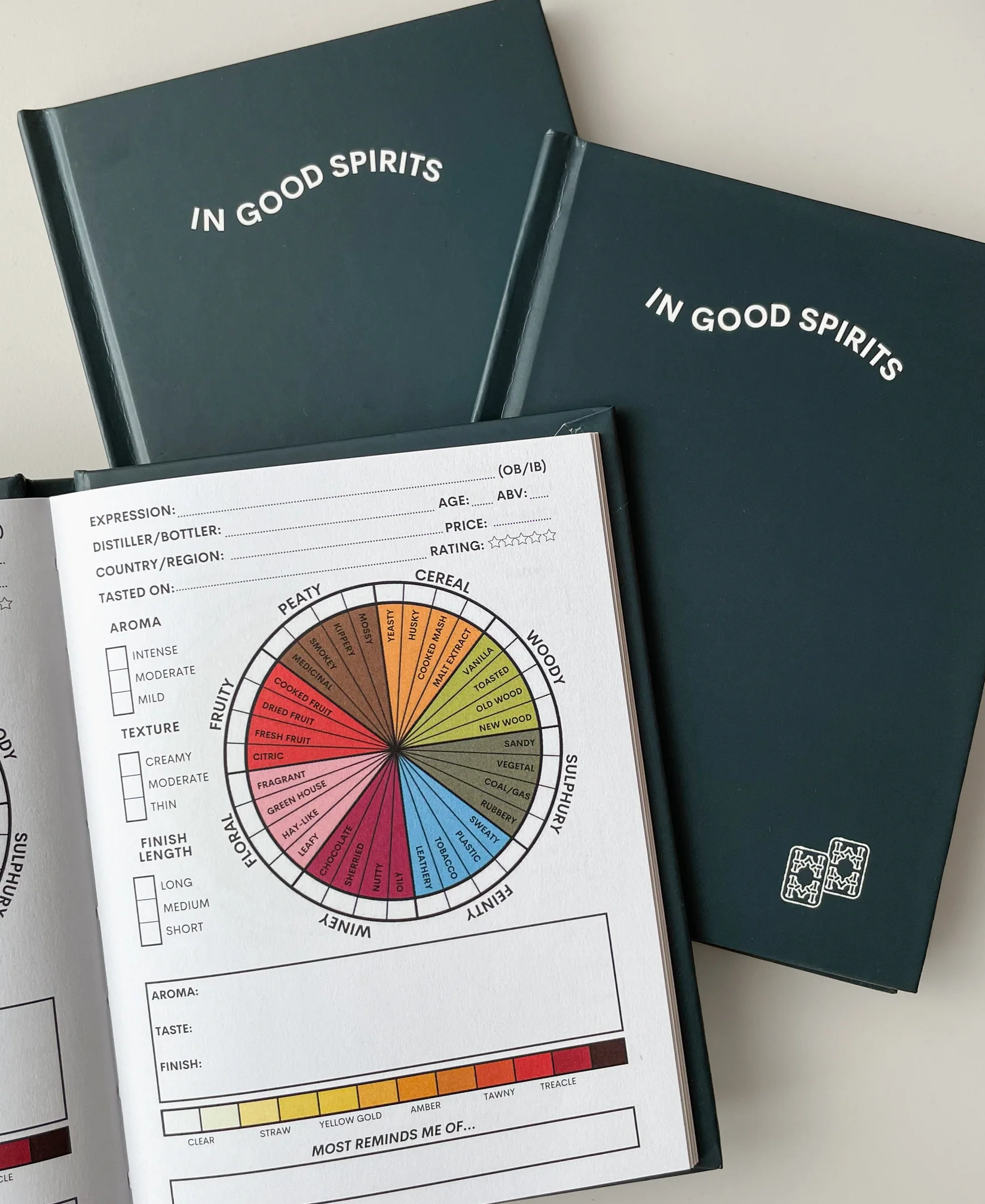
What the heck is that?
Irish whiskey refers to whiskey that has been distilled and fully matured on the island of Ireland (this includes Northern Ireland and the Republic of Ireland). The Irish spell the word with an additional “E”.
Who cares?
Whisk(e)y is today more commonly associated with Scotland. However, according to many records, the Irish were the first to invent the golden stuff. Since the 12th century, Irish monks were in the habit of distilling and drinking a strong spirit they call “water of life”. Irish settlers apparently brought the practice of distillation to Scotland around the 13th century, and the rest is history.
The late 1800s was a period of boom for Irish whiskey. Irish whiskey took up 70 percent of the world whiskey market. Two out of every three bottles sold in London were Irish, and even in Scotland, Irish whiskey outsold Scotch back then.
Unfortunately, the Irish whiskey industry performed terribly from around 1919, and most distilleries were shut down. It took almost another century later in the 2010s for Irish whiskey to see another boom.

The lead in the Peaky Blinders TV series, Thomas Shelby, is said to prefer Irish whiskey over Scotch. This is because Irish whiskey is often made in such a way (using triple-distillation) to create a much smoother texture and cleaner taste. Peat is almost never used, making Irish whiskey much brighter and sweeter in flavour profile.
“Pot still” whiskey is the most iconic style of whiskey coming out of Ireland. Unlike malt whisky which consists of 100% malted barley, “pot still” whiskey is made from a mixture of around 60% unmalted barley and 30% malted barley. This composition gives Irish whiskey a mildly spicy flavour and and creamy texture.
You may recall that Scottish authorities hold a notoriously tight rein on its rules governing the production of Scotch whisky. The Irish are, in contrast, much more progressive and flexible. For instance, Scotch rules do not permit the use of apple cider casks for maturation of Scotch whisky. No such restriction is faced by Irish whiskey makers.
Why should I try it?
We find Irish whiskeys to be some of the friendliest and well-balanced whiskies perfect for sipping at any time of the day. They tend to be a great base to make whiskey-and-soda. High quality Irish whiskey also tend to be more affordable than premium Japanese or Scotch whisky.
There is a good reason why Irish whiskey sales has been growing faster than Scotch for the past couple of years. For one, Irish whiskey tend to be much smoother and easier to imbibe. For another, Irish whiskey-makers are less beholden to tradition, and more willing to experiment with unusual styles. These factors make Irish whiskey more attractive to the growing crowd of young adult consumers.
It is a category to watch closely too. Since the 70s, the Irish have been ceaselessly experimenting on different flavour profiles that would capture a wider variety of palates than Scotch. Perhaps by the end of the 2020s, Irish whiskey would have overtaken Scotch as the most popular sub-category of whiskies.




